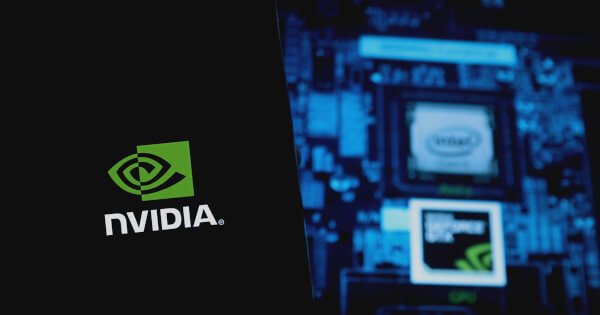Alvin Lang
Apr 22, 2025 06:43
BrainStorm Therapeutics leverages AI and organoids to advance drug discovery for brain diseases, aiming to reduce clinical trial failures and accelerate treatment development.
In a groundbreaking approach to combating neurological disorders, BrainStorm Therapeutics, a San Diego-based startup, is utilizing artificial intelligence (AI) alongside organoid technology to expedite the discovery of treatments for brain diseases. According to NVIDIA’s blog, this innovative method is intended to overcome the high failure rates of traditional drug candidates during clinical trials.
AI and Organoids: A New Frontier
BrainStorm Therapeutics employs a hybrid process known as ‘lab in the loop,’ which integrates AI-powered computational drug discovery with laboratory experiments using organoids. These organoids are tiny, three-dimensional brain cell clusters derived from patient stem cells. This approach allows for a more precise prediction of human efficacy compared to conventional preclinical models, which often fail to accurately reflect human neurobiology.
Robert Fremeau, founder and CEO of BrainStorm, emphasized the potential of combining organoid disease models with generative AI to unravel complex disease networks. The company’s goal is to significantly lower the failure rate of drug candidates, currently over 93%, and identify therapeutics applicable to multiple diseases.
Clinical Trial in a Dish
BrainStorm uses AI models to generate gene maps of brain diseases, identifying promising drug targets and biomarkers. Organoids enable the screening of thousands of drug molecules daily, directly on human brain cells. This capability offers a ‘clinical trial in a dish,’ allowing for early-stage testing of potential therapies, thereby accelerating the drug discovery process.
The startup is currently focusing on Parkinson’s disease, utilizing organoids from patients with GBA1 gene mutations, a known risk factor. By mapping and analyzing the biological effects of genetic variants, BrainStorm aims to develop treatments that could slow or even reverse the disease’s progression.
Accelerating Drug Discovery
BrainStorm’s platform, powered by NVIDIA GPUs and the BioNeMo Framework, mirrors human brain biology to simulate treatment effects. This capability allows for rapid and cost-effective narrowing of therapeutic options before undergoing human trials. The technology has led to the discovery of new applications for existing drugs, such as Donepezil for Rett syndrome, with a Phase 2 clinical trial application cleared by the U.S. FDA.
The company plans to develop multimodal AI models incorporating diverse data types, including cell sequencing and EEG scans, to enhance drug discovery and precision medicine. Their next project involves a collaboration with the CURE5 Foundation to screen drugs for CDKL5 Deficiency Disorder, highlighting the transformative potential of AI in rare disease research.
BrainStorm’s work exemplifies how AI and organoid technology can drastically accelerate innovation in drug discovery, reducing costs and timelines from decades to months, paving the way for more efficient and effective treatments for neurological disorders.
Image source: Shutterstock


